This week, our editors are reporting on the intersection between literature and social movements. In Hong Kong, writers reflect on the June 4 protests at Tiananmen Square, in light of the continual tensions between China and the island. In Palestine, a new podcast features writers orienting their own work within the \ body of Palestinian literature. And in Kenya, the country mourns the loss of revolutionary playwright Micere Mugo.
Charlie Ng, Editor-at-Large, reporting from Hong Kong
Since the National Security Law in Hong Kong came into effect in June 2020, the annual candlelight vigil for commemorating the June Fourth Tiananmen Square protests have not been organized for four years; the event’s host, the Hong Kong Alliance in Support of Patriotic Democratic Movements of China, was also dissolved in September 2021. Additionally, the event’s traditional venue, the Victoria Park in Causeway Bay, was under renovation and not available to be booked this year.
Although public commemoration was forbidden, remembrance could still be possible through writing; Cha: An Asian Literary Journal called for short submissions of reflections written about June 4, 2023—which could be directly, indirectly, or even not related to the event. The project, “Just Another Day”, also welcomed written works accompanied with photos or artwork. Fifty-four submissions were published on Cha’s blog, presenting a wide range of reflections from local and overseas writers. Translator Lucas Klein contemplates on the protest culture in Hong Kong and what he witnessed outside of the Victoria Park in his post, while Hong Kong poet Jennifer Wong contributed a prose poem on the importance of memory. Asymptote’s assistant editor of fiction Michelle Suen interweaves childhood nostalgia and postcolonial politics in her reflection, and I also tell a brief story of my personal experience of June Fourth over the years. Varied as they are, the texts testify to the unstoppable impact of the historical event, in both people’s mind and reality.
Meanwhile, as issue 72 of local bilingual poetry magazine, Voice & Verse, was just published, the magazine is organizing a reading session in collaboration with Cha, a crossover that echoes the issue’s English section theme: “Crossings”. The reading session will take place on July 12, hosted by Tammy Ho and Matthew Cheng. Local and international contributors to both journals have been invited to read their works. READ MORE…


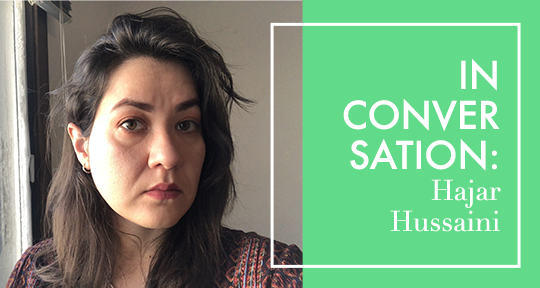
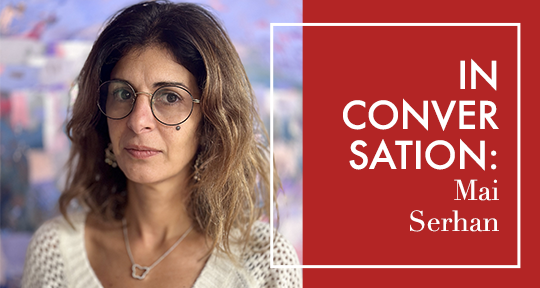
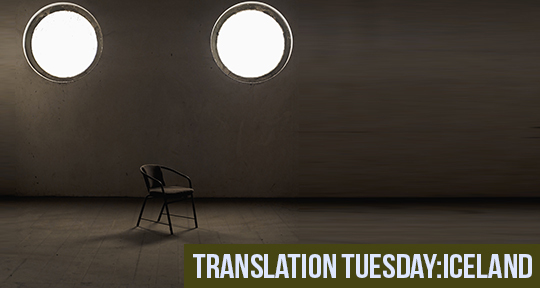
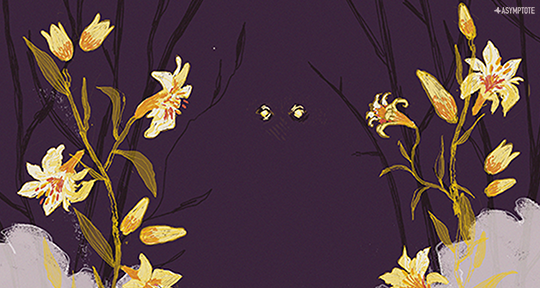
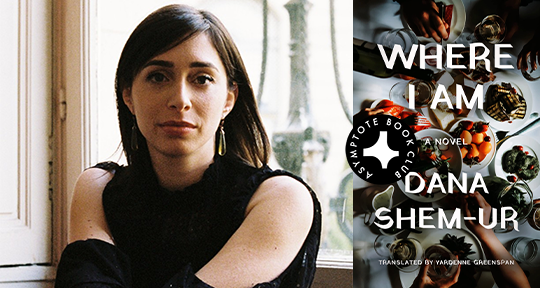
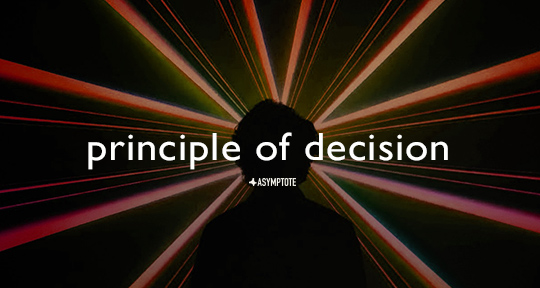
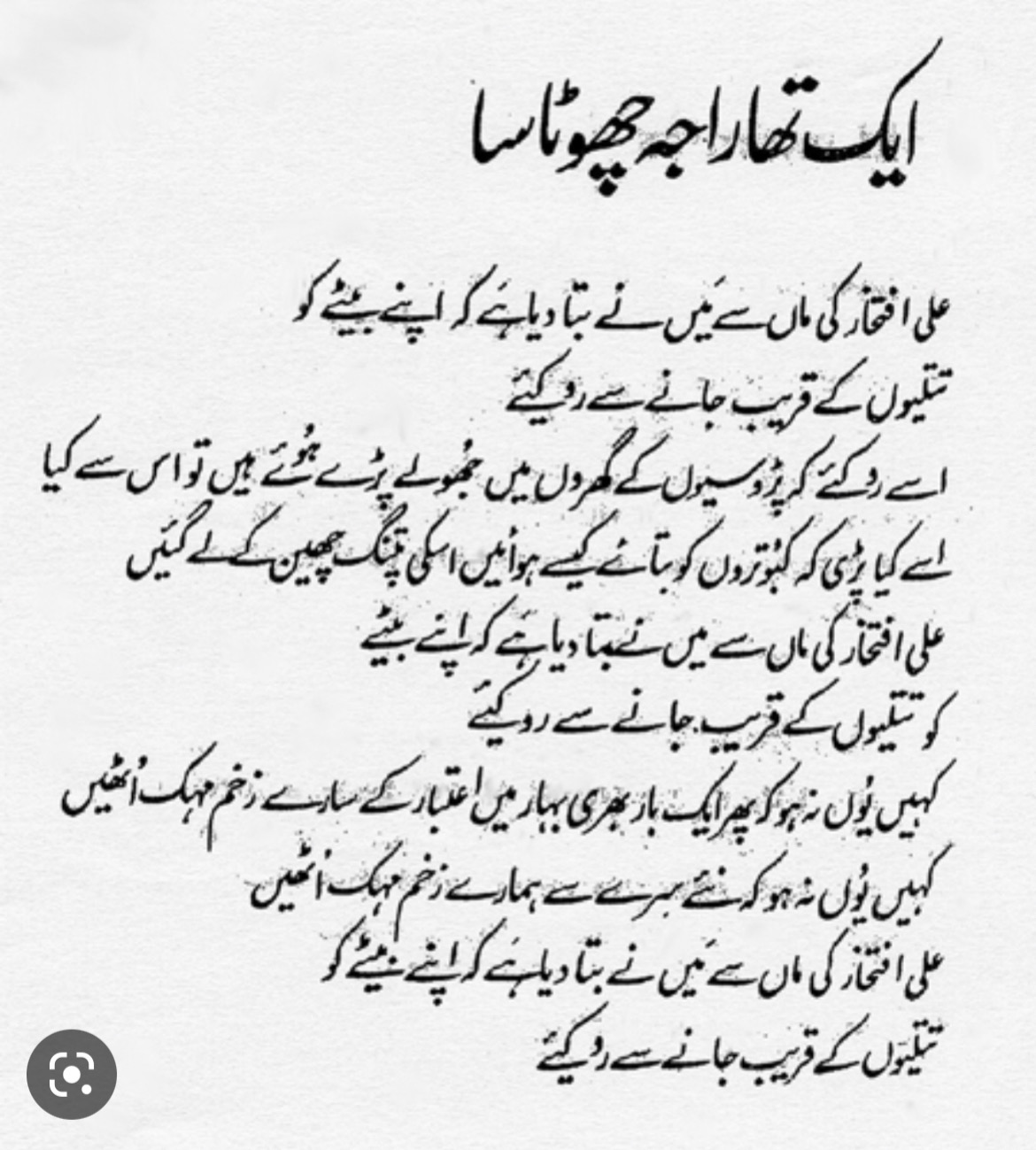
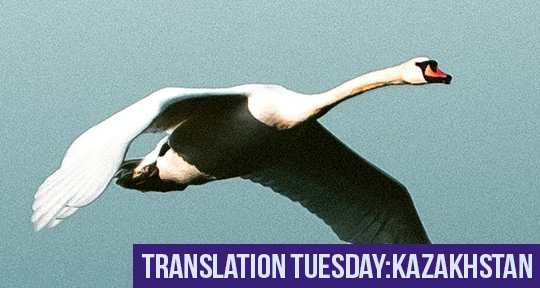
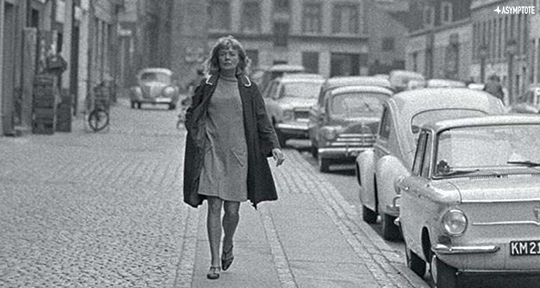
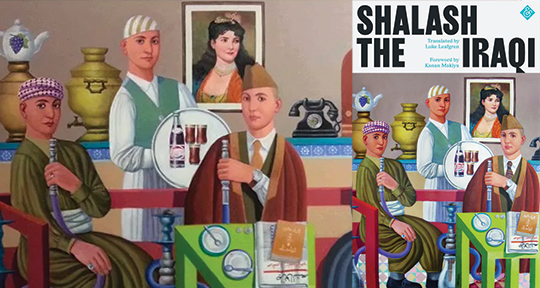
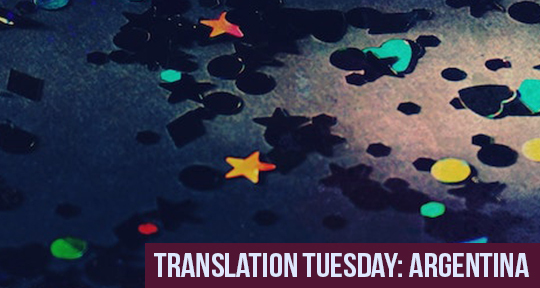
A Pointed Atemporality: Mui Poopoksakul on Translating Saneh Sangsuk’s Venom
He's very aware of the rhythm and musicality of this text . . . he said it should take something like an hour and thirty-seven minutes to read.
In our May Book Club selection, a young boy struggles with a snake in the fictional village of Praeknamdang, in a tense battle between beauty and cruelty. In poetic language that is nostalgic for the world it describes without romanticizing it, Saneh Sangsuk creates a complex and captivating world. In this fable-like story there are no simple morals, in keeping with Sangsuk’s resistance to efforts to depict a sanitized view of Thailand and to the idea that the purpose of literature is to create a path to social change. In this interview with translator Mui Poopoksakul, we discuss the role of nature in the text, translating meticulous prose, and the politics of literary criticism.
The Asymptote Book Club aspires to bring the best in translated fiction every month to readers around the world. You can sign up to receive next month’s selection on our website for as little as USD20 per book; once you’re a member, join our Facebook group for exclusive book club discussions and receive invitations to our members-only Zoom interviews with the author or the translator of each title.
Barbara Halla (BH): How did you get into translation, especially given your law background?
Mui Poopoksakul (MP): I actually studied comparative literature as an undergrad, and then in my early twenties, like a lot of people who study the humanities, I felt a little bit like, “Oh, I need to get a ‘real job.’” I went to law school, and I worked at a law firm for about five years, and I liked that job just fine, but it just wasn’t what I wanted to do for the rest of my life.
So, I started thinking, What should I be doing? What do I want to do with myself? I had always wanted to do something in the literary field but didn’t quite have the courage, and I realized that not a lot of Thai literature been translated. I thought, If I can just get one book out, that would be really amazing. So, I went back to grad school. I did an MA in Cultural Translation at the American University of Paris, and The Sad Part Was was my thesis from that program. Because I had done it as my thesis, I felt like I was translating it for something. I wasn’t just producing a sample that might go nowhere.
The whole field was all new to me, so I didn’t know how anything worked. I didn’t even know how many pages a translation sample should be. But then I ended up not having to worry about that because I did the book as my thesis.
BH: You mentioned even just one book, but did you have any authors in mind? Was Saneh Sangsuk one of those authors in your ideal roster?
MP: I wouldn’t say I had a roster, but I did have one author in mind and that was Prabda Yoon, and that really helped me get started, because I wasn’t getting into the field thinking, “I want to translate.” My thought was, “I want to translate this book.” I think that helped me a lot, having a more concrete goal.
READ MORE…
Contributor:- Barbara Halla
; Languages: - English
, - Thai
; Place: - Thailand
; Writers: - Mui Poopoksakul
, - Prabda Yoon
, - Saneh Sangsuk
; Tags: - Deep Vellum
, - environmentalism
, - literary criticism
, - nature
, - nature in storytelling
, - pacing
, - pacing in translation
, - Peirene
, - respect for nature
, - rhythm
, - rhythm in translation
, - social commentary
, - storytelling
, - Thai literature